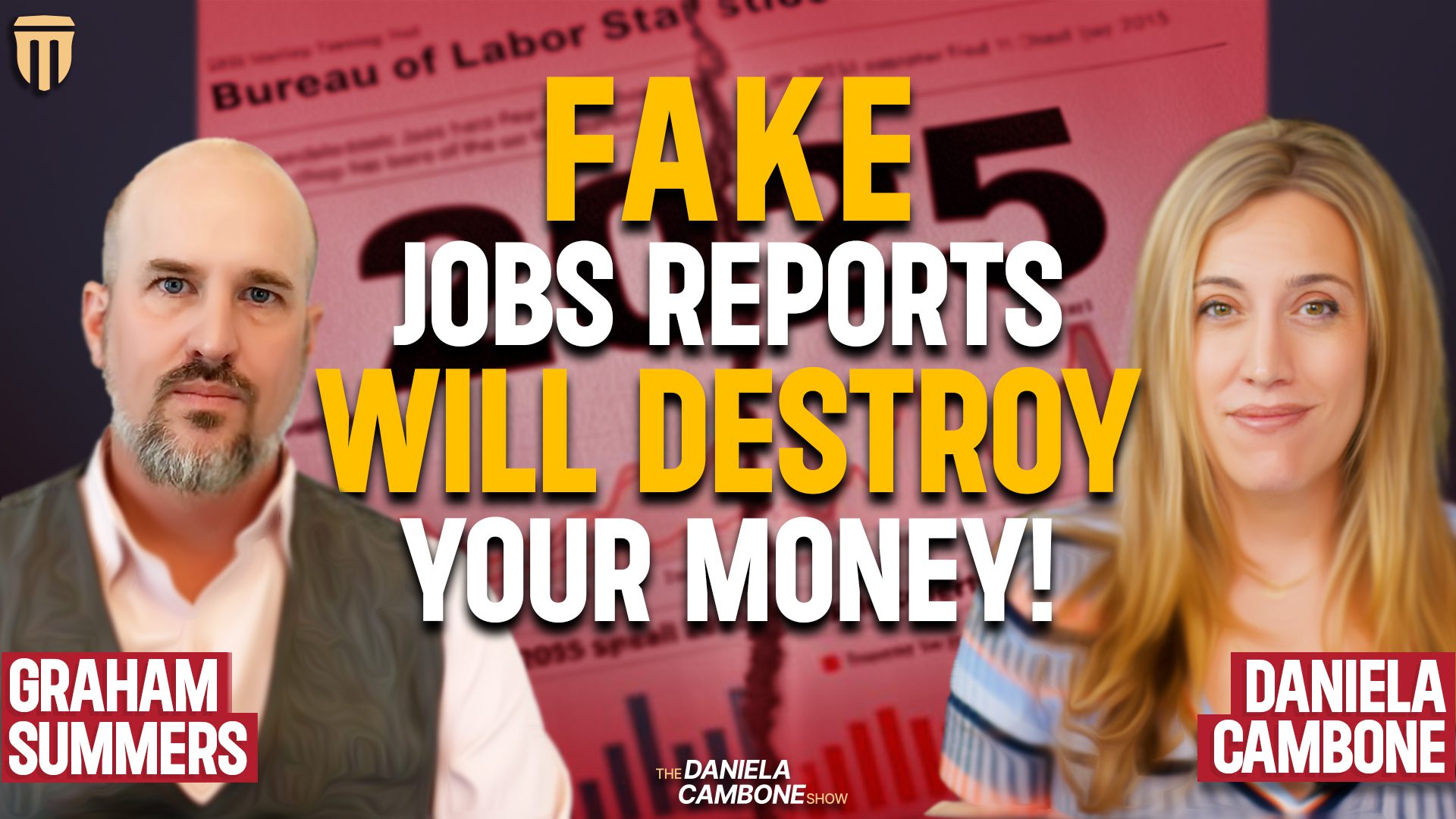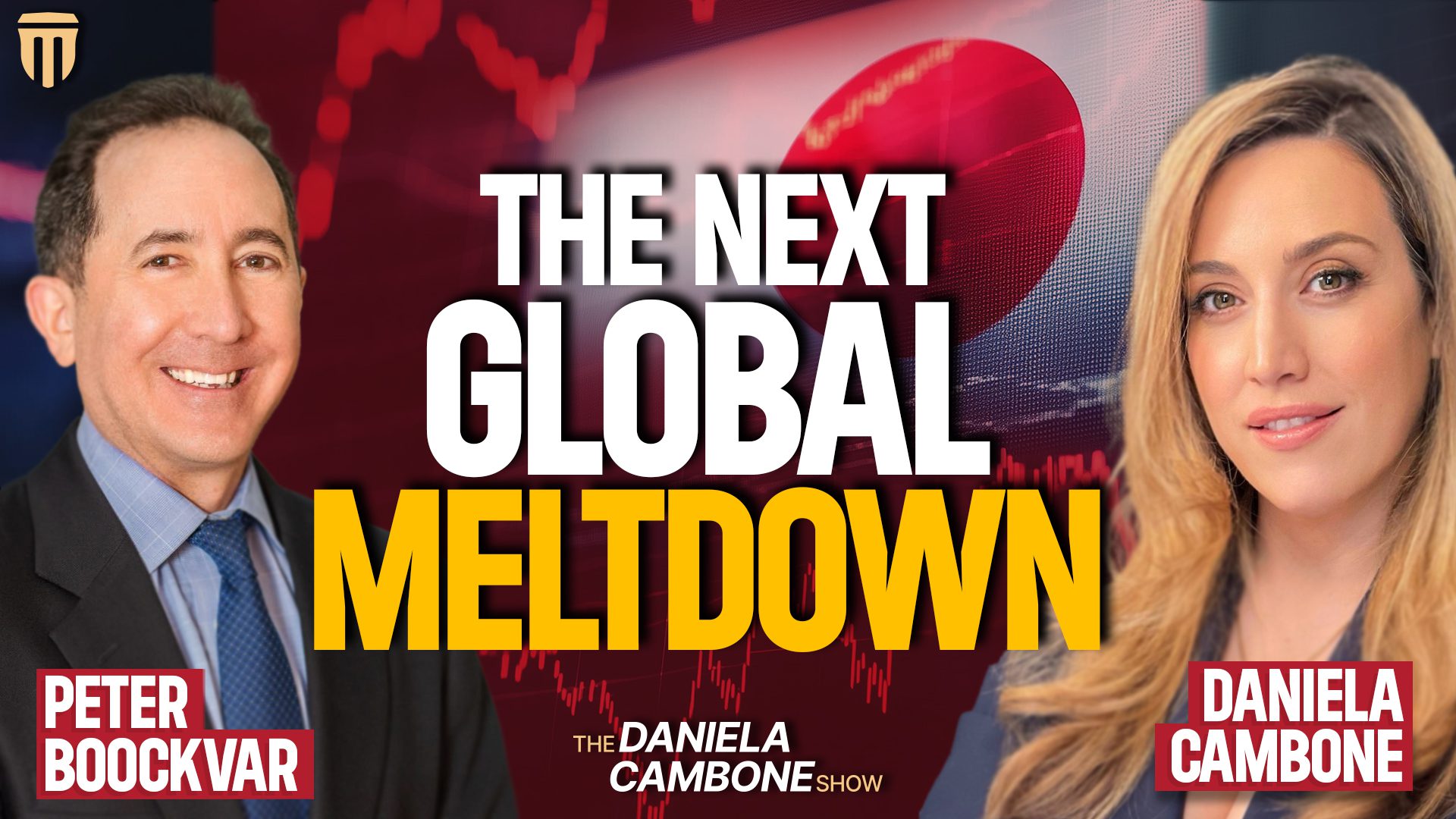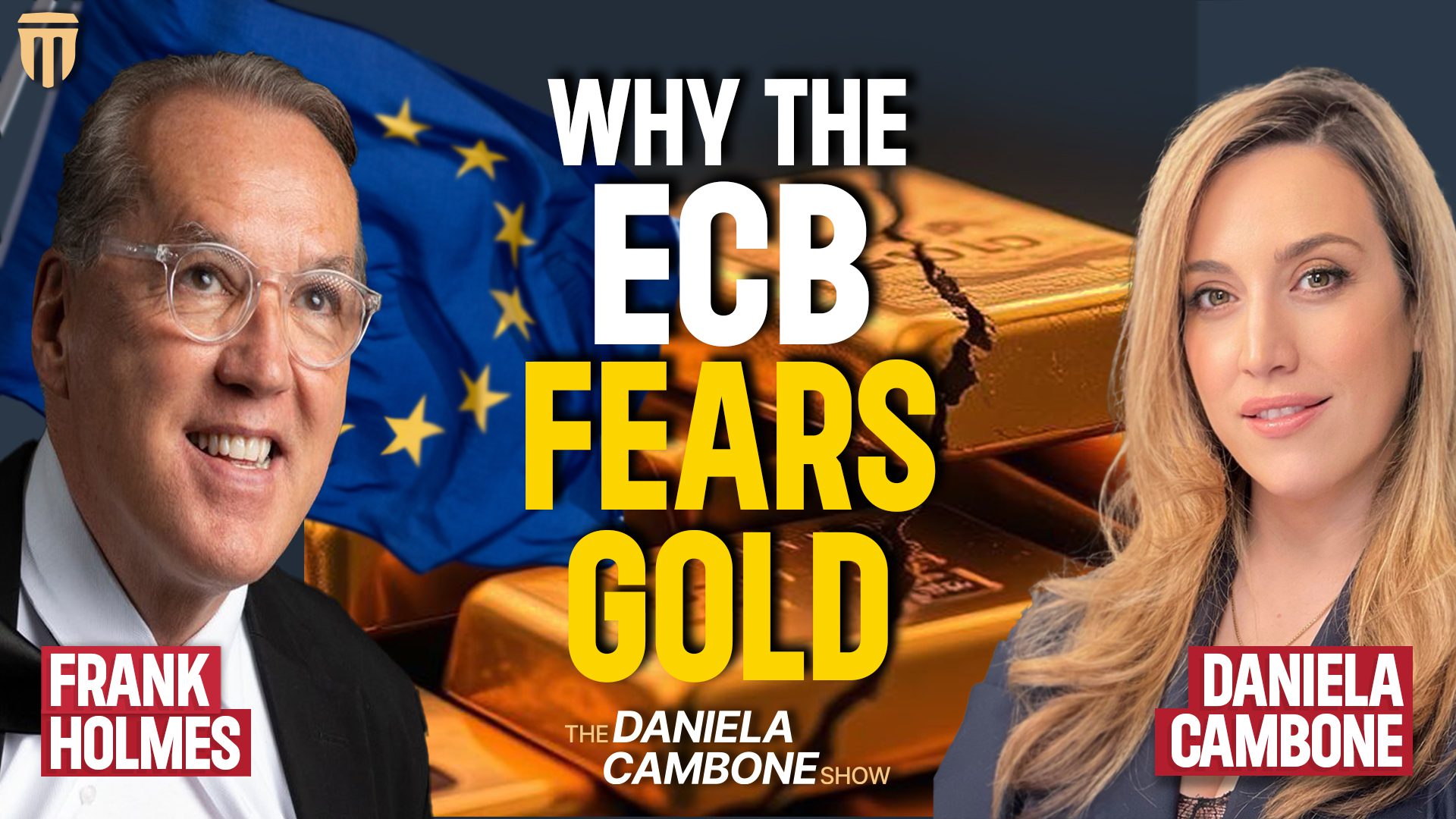Dip in Currency Values across the Globe in the Cards

The painfully slow and erratic economic recovery has led more and more countries to look at slashing the value of their currency as a means of gaining a competitive edge. The first country to take a firm step to this end is Japan, with Prime Minister Shinzo Abe’s government announcing its intention to buy bonds and create money to give an impetus to the nation’s economic growth.
Economists believe that other countries are likely to follow suit, setting the stage for a “global currency war.†Experts believe that countries that are the first to implement currency value cuts are likely to gain the most, although such a move would impede the already unsteady global economic recovery and the currently steadying stock markets. The US has already put in place its quantitative easing program, with the Federal Reserve aggressively buying bonds.
Many have voiced their concern regarding the three QE rounds leading to long term consequences. In late-2012, the outgoing Bank of Japan chief, Masaaki Shirakawa, had mentioned that Japan was also looking at an aggressive QE program worth ¥50 trillion over the course of one year or so, in an attempt to arrest the nation’s deflationary spiral. Not everyone is happy with Japan’s monetary policy because it is likely to help Japan’s exports but exert upward pressure on the other world currencies. This can already be seen in the Fed’s actions that have led to a decline in the US dollar by 11% against a variety of currencies since the first QE in 2009. On the other hand, stock prices have soared to double their value since March 2009.
Central banks across the world have been working on creating conditions to drive economic growth, with 2012 seeing interest rate cuts being made abut 75 times through the year. Unfortunately, economists still expect growth to hover around the 3% level in 2013, which represents very little real growth. Of course, the nations considering a devaluation of their currency believe that with prices of their goods falling globally, exports will increase, which in turn will lead to some amount of positive inflation. Economists warn, however, that the initial stages of such inflation would adversely impact stock prices. As a result, investors would move to investing in commodities and fixed income slated for inflation, such as the Treasury Inflation Protected Securities.
According to Bank of America Merrill Lynch’s chief investment strategist, Michael Hartnett, the first half of 2013 is likely to either see “1) a rapid rise in interest rates and a re-run of the 1994 story; or 2) the economy fails to respond to the liquidity, forcing nations to devalue their currencies in an attempt to stimulate growth.†Hartnett went on to add that “It is clear that many nations want/need a weaker currency – should China also feel the need for a weaker (currency)…then the risks of a risk-negative (currency) war would start to grow… Gold would rally sharply, but note a rise in gold prices and a fall in bond prices precipitated the 1987 crash.†He therefore suggests that one keep an eye on the Chinese yuan as well as the Asian dollar index.














